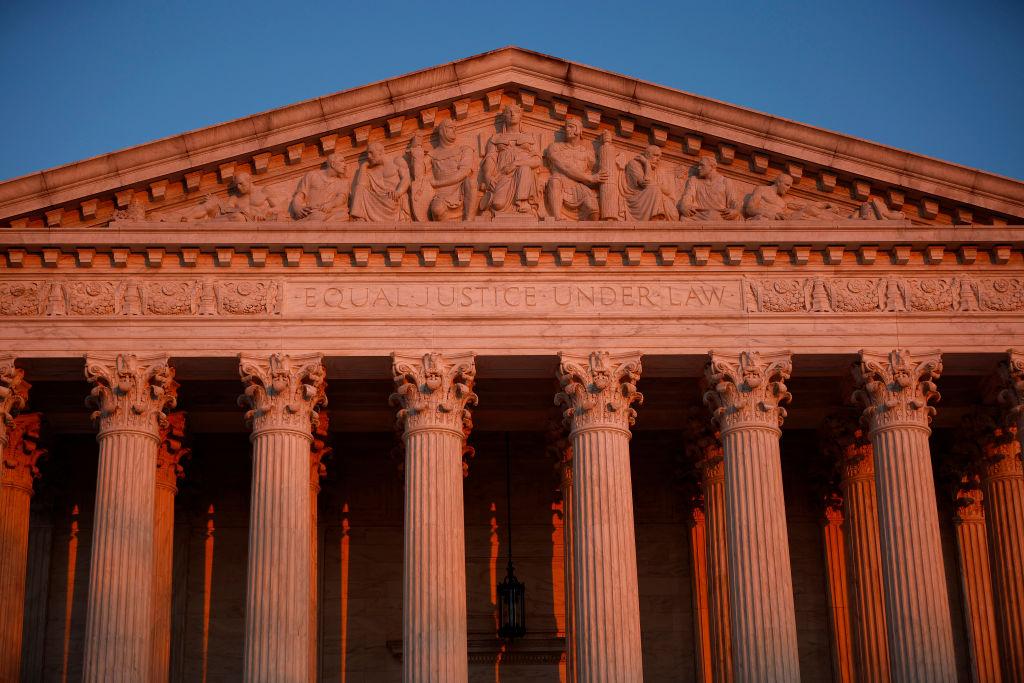A constitutional doctrine resuscitated during legal challenges before the U.S. Supreme Court in the wake of Florida’s disputed 2000 election is finding traction in post-2020 election integrity lawsuits.
Proponents are espousing “Independent State Legislatures Doctrine” in legal arguments seeking to cuff state courts from “acting like ‘super legislators’” and assert state legislatures’ right as “necessary parties” in election-related lawsuits.





